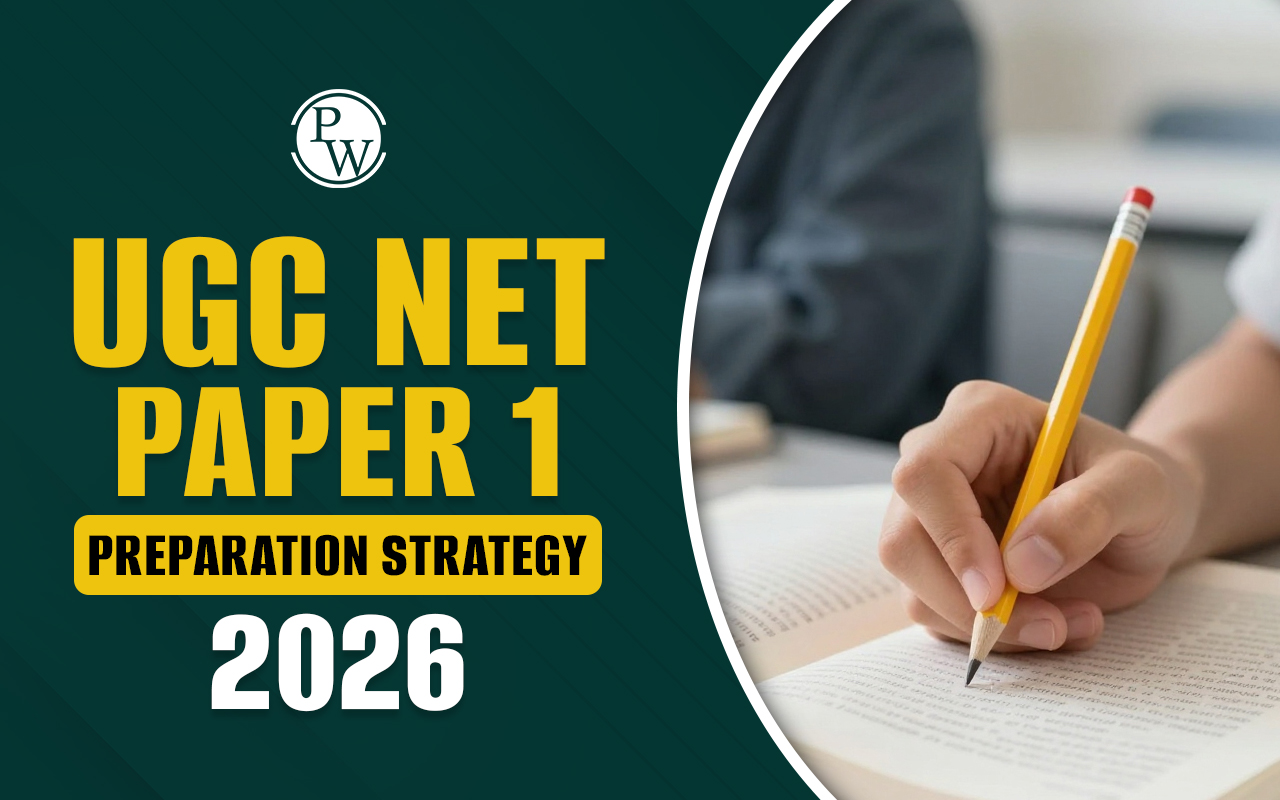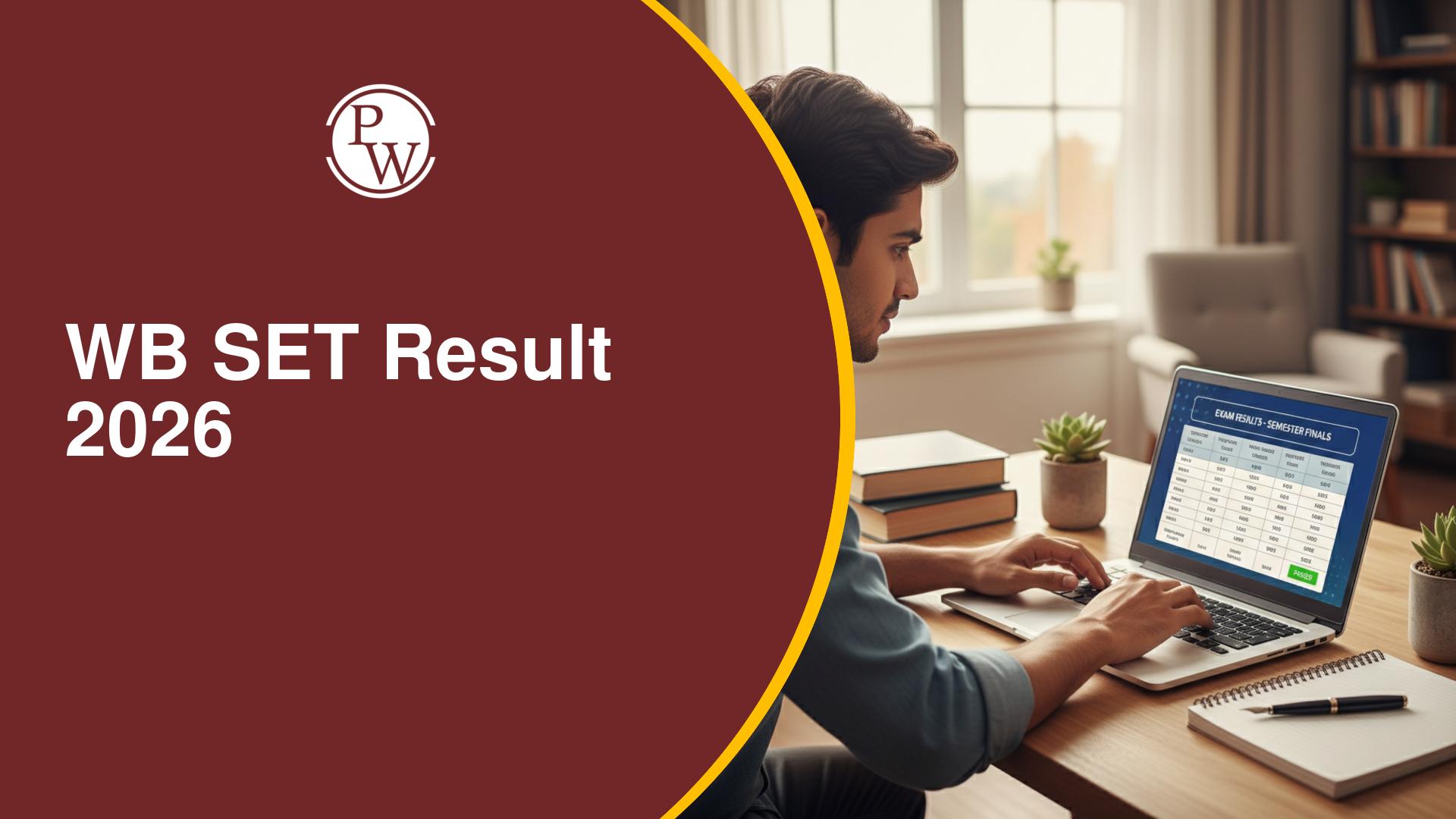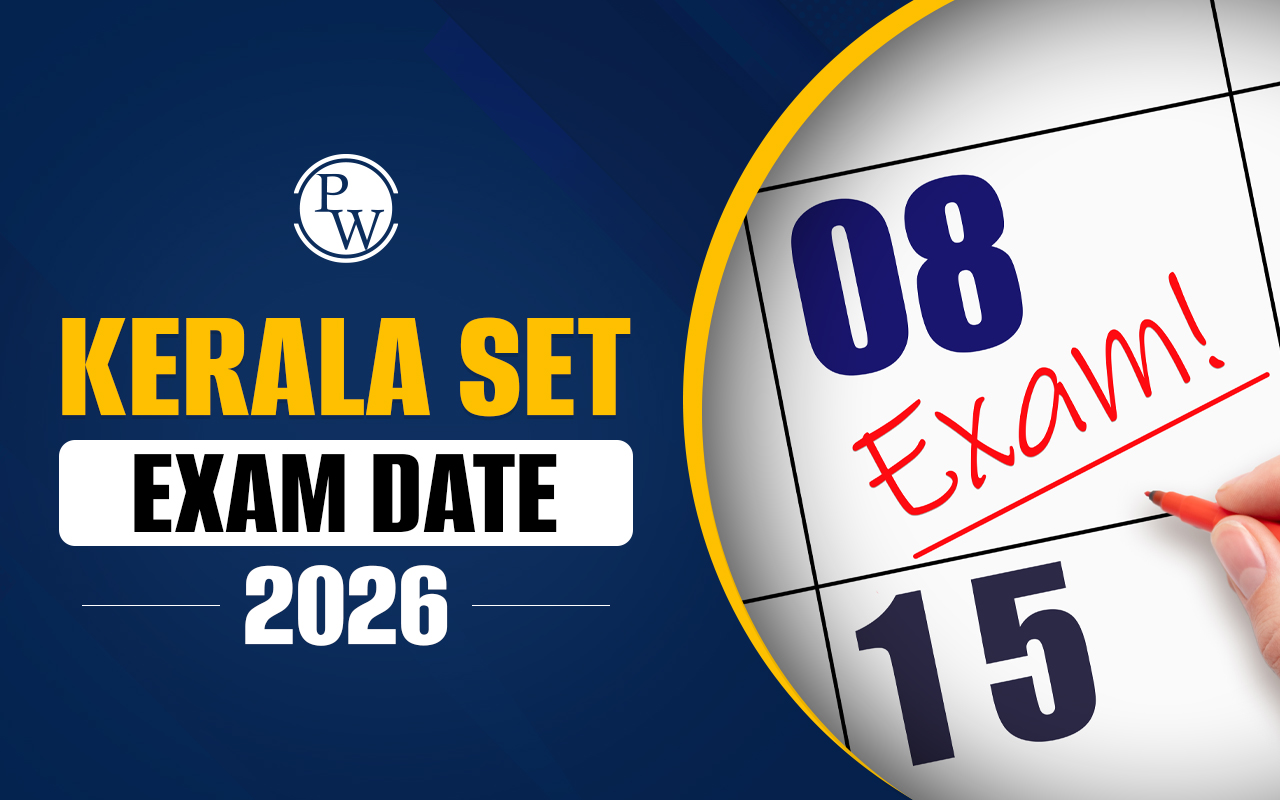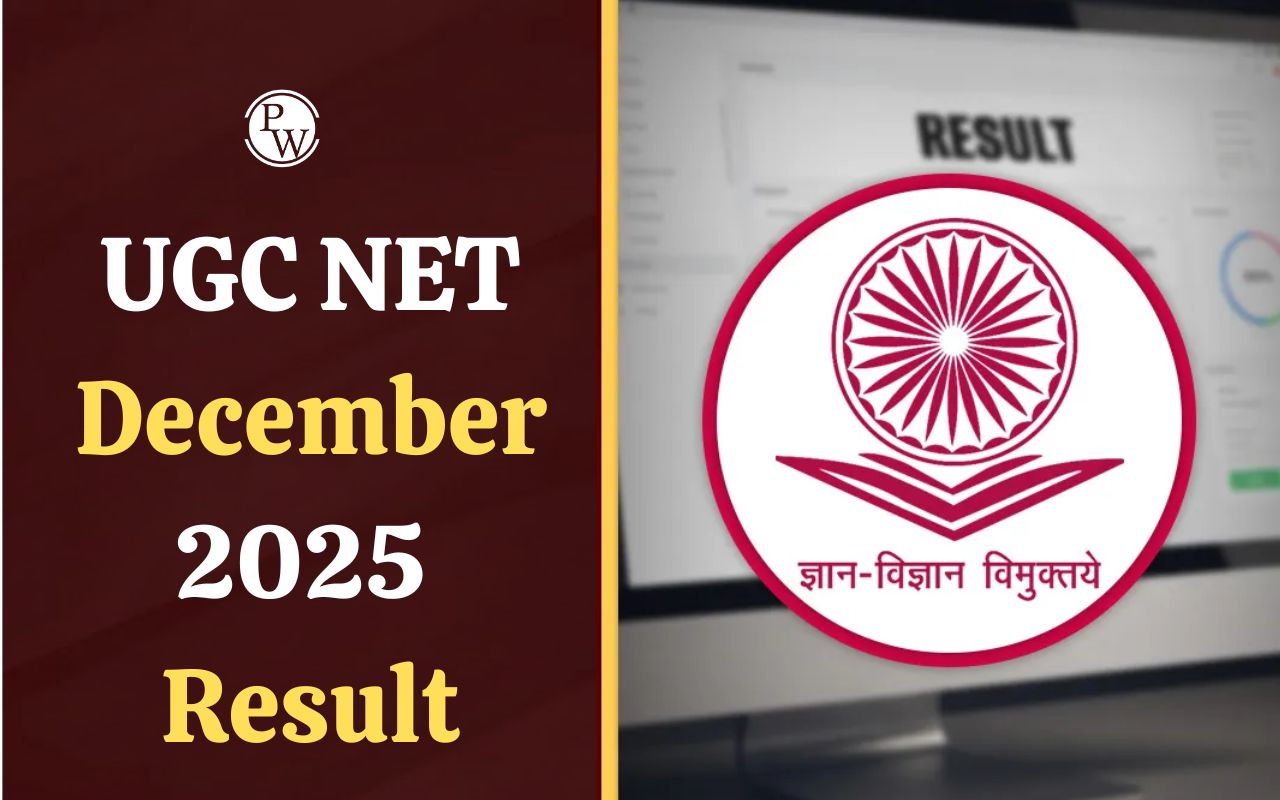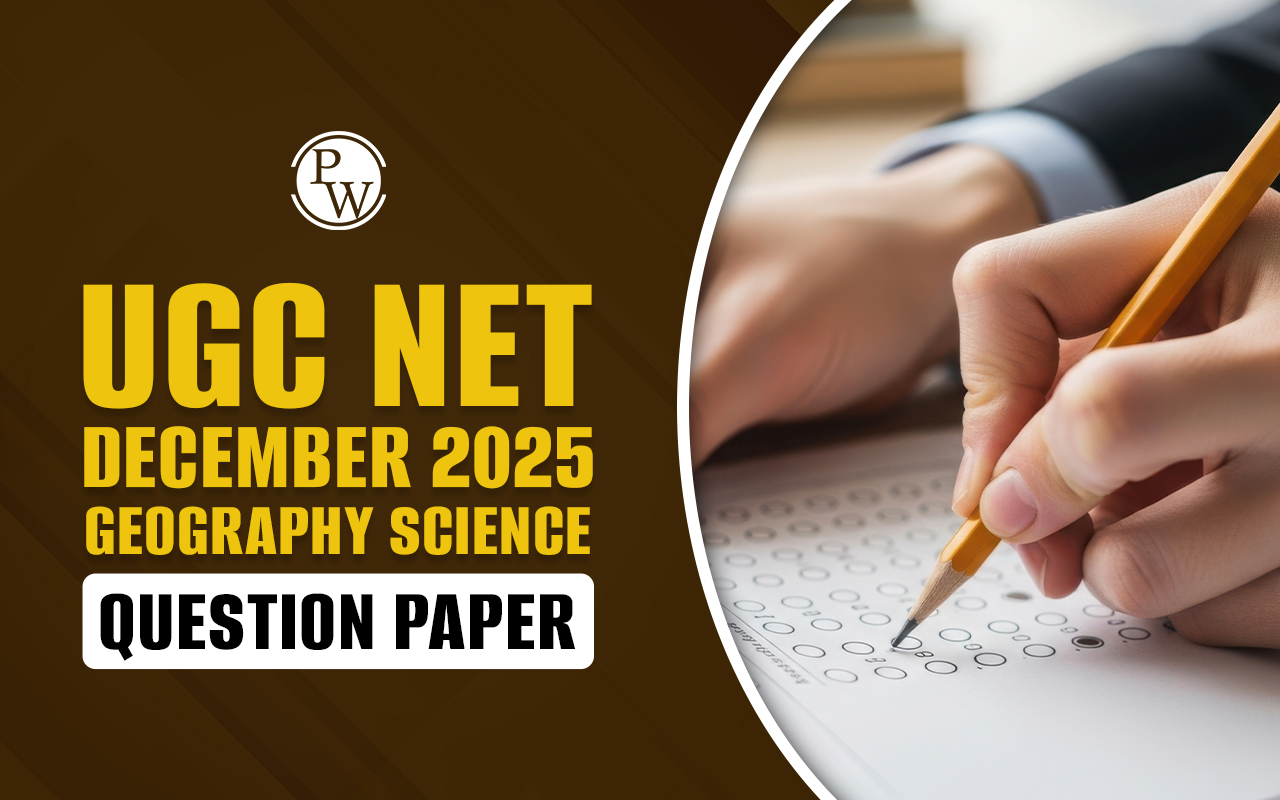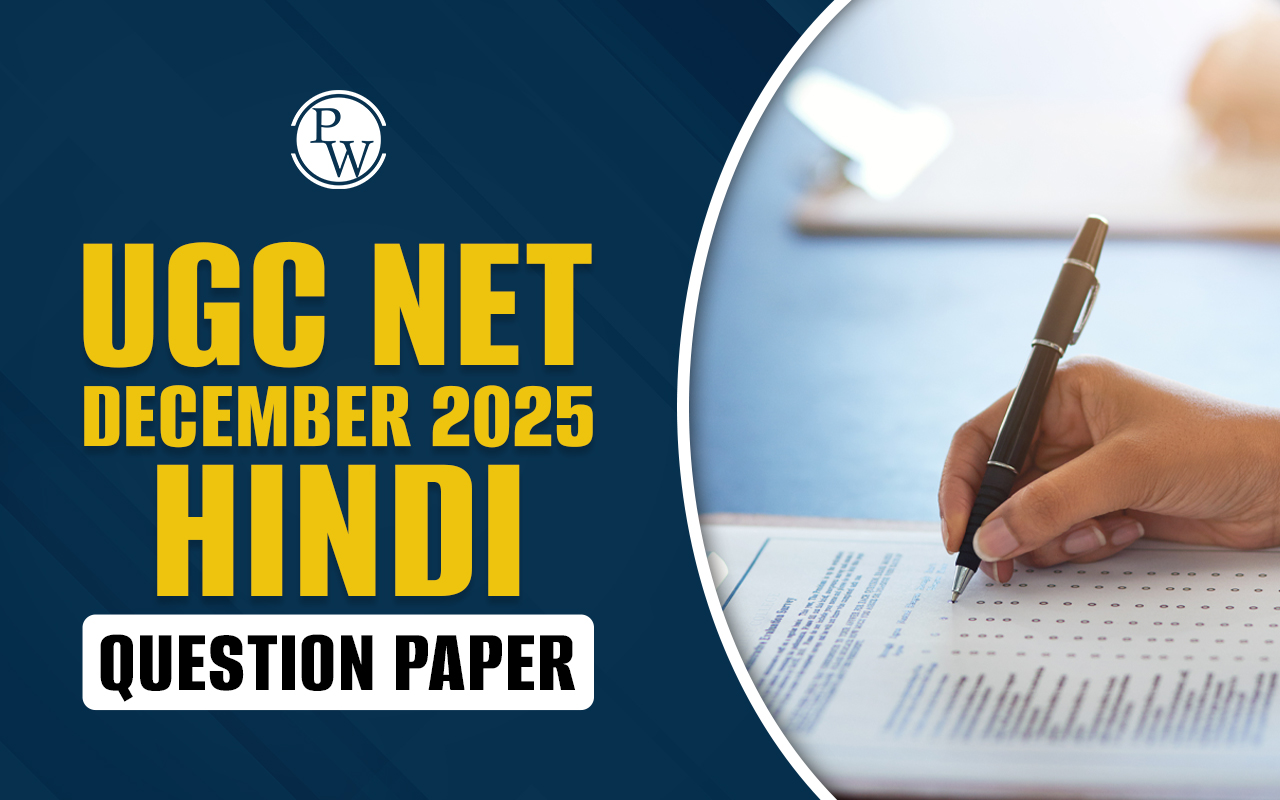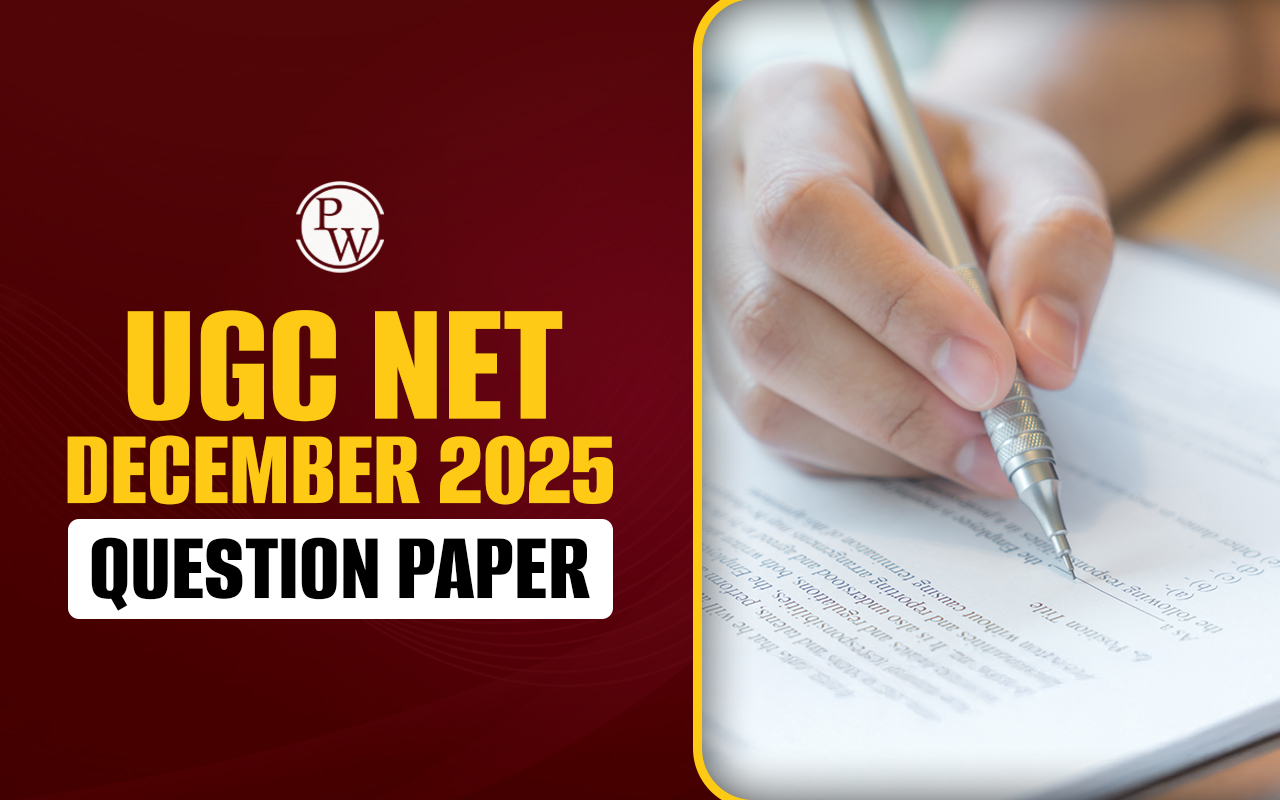
Lecturer vs Professor: When it comes to academia, many students often wonder about the distinctions between a Lecturer vs Professor. Both roles are vital in the educational landscape, but they differ in terms of responsibilities, qualifications, and career paths. This article will clarify these differences, especially for CA students preparing for the UGC NET exam .
What is a Lecturer?
A Lecturer is an academic professional primarily involved in teaching students at colleges and universities. They typically hold a master’s degree or a doctoral degree, depending on the institution's requirements. Lecturers focus on delivering lectures, preparing course materials, and guiding students in their academic journey. They play an important role in helping students understand their subjects better and succeed in their studies.Responsibilities of a Lecturer
The following are essential responsibilities of a lecturer:- Teaching: Conducting classes and helping students grasp complex concepts.
- Course Development: Designing curricula that meet educational standards.
- Student Assessment: Evaluating students through exams, assignments, and projects.
Qualifications Required for Lecturers
To become a lecturer, candidates usually need to meet specific educational qualifications:- A master’s degree in the relevant field.
- UGC NET qualification, which is essential for many institutions.
- Teaching experience may be preferred but is not always mandatory.
What is a Professor?
A Professor is an advanced academic who has more responsibilities than a lecturer. They teach students, conduct research, and handle administrative tasks. Professors are recognized as experts in their subjects and make important contributions to their fields through research and publications. Their work helps advance knowledge and improve education.Responsibilities of a Professor
The following are key responsibilities that define the role of a professor:- Research: Engaging in innovative research projects and publishing findings.
- Mentoring: Guiding students and junior faculty members.
- Administrative Duties: Participating in departmental and institutional committees.
Qualifications Required for Professors
To qualify as a professor, candidates must usually meet higher educational standards:- A doctoral degree (PhD) in the relevant subject area.
- Significant research experience and publications.
- UGC NET qualification is often required for appointments.
Key Differences Between Lecturer and Professor
Understanding the differences between Lecturer vs Professor can help aspiring educators make informed career choices. Here are the main distinctions:Educational Qualifications
Here is the educational qualification needed for becoming a Lecturer or Professor:- Lecturer: Generally requires a master’s degree.
- Professor: Requires a doctoral degree and extensive research experience.
Focus of Work
Here’s a quick overview of the main work focus for lecturers and professors:- Lecturer: Primarily focused on teaching and student engagement.
- Professor: Balances teaching, research, and administrative responsibilities.
Career Progression
The following points highlight the career progression paths for lecturers and professors:- Lecturer: Can advance to senior lecturer or head of department roles.
- Professor: Can move into higher academic positions, including deans or research directors.
Role of UGC NET in Academic Careers
The UGC NET (University Grants Commission National Eligibility Test) plays a crucial role in determining eligibility for both lecturers and professors in India. Here’s how:Importance of UGC NET
The following highlights the importance of UGC NET in academic careers:- Eligibility Criteria: Passing the UGC NET is often mandatory for securing teaching positions in colleges and universities.
- Career Opportunities: A good UGC NET score opens doors to a variety of academic roles, including lecturer and professor positions.
Preparing for the UGC NET Exam
Success in the UGC NET exam requires a strategic approach. Here are some important tips to help you prepare effectively:Study Plan
The following study tips can help you prepare effectively for the UGC NET exam:- Create a Timetable: Set dedicated time slots for each subject.
- Use Quality Study Material: Ensure you are using UGC NET-specific resources.
Practice and Revision
The following practice and revision tips can boost your preparation for the UGC NET exam:- Mock Tests: Regularly take mock exams to assess your readiness.
- Revision Sessions: Dedicate time for revisiting tough concepts.
Join a Coaching Program
Consider enrolling in a coaching program that specializes in UGC NET preparation. PW UGC NET Courses provide comprehensive resources, expert guidance, and practice materials tailored for success in the UGC NET exam. These courses can significantly boost your chances of cracking the exam.Lecturer vs Professor FAQs
What is the main difference between a lecturer and a professor?
A lecturer focuses primarily on teaching, while a professor balances teaching, research, and administrative duties.
What qualifications do I need to become a lecturer?
Typically, you need a master’s degree and a UGC NET qualification to become a lecturer.
Is UGC NET required to become a professor?
Yes, passing the UGC NET is often required to qualify for a professor position.
Can lecturers advance to higher academic positions?
Yes, lecturers can advance to roles like senior lecturer or head of department.
How can PW UGC NET Courses help me?
PW UGC NET Courses provide structured study materials and expert support, helping you effectively prepare for the UGC NET exam.
Talk to a counsellorHave doubts? Our support team will be happy to assist you!

Check out these Related Articles
Free Learning Resources
PW Books
Notes (Class 10-12)
PW Study Materials
Notes (Class 6-9)
Ncert Solutions
Govt Exams
Class 6th to 12th Online Courses
Govt Job Exams Courses
UPSC Coaching
Defence Exam Coaching
Gate Exam Coaching
Other Exams
Know about Physics Wallah
Physics Wallah is an Indian edtech platform that provides accessible & comprehensive learning experiences to students from Class 6th to postgraduate level. We also provide extensive NCERT solutions, sample paper, NEET, JEE Mains, BITSAT previous year papers & more such resources to students. Physics Wallah also caters to over 3.5 million registered students and over 78 lakh+ Youtube subscribers with 4.8 rating on its app.
We Stand Out because
We provide students with intensive courses with India’s qualified & experienced faculties & mentors. PW strives to make the learning experience comprehensive and accessible for students of all sections of society. We believe in empowering every single student who couldn't dream of a good career in engineering and medical field earlier.
Our Key Focus Areas
Physics Wallah's main focus is to make the learning experience as economical as possible for all students. With our affordable courses like Lakshya, Udaan and Arjuna and many others, we have been able to provide a platform for lakhs of aspirants. From providing Chemistry, Maths, Physics formula to giving e-books of eminent authors like RD Sharma, RS Aggarwal and Lakhmir Singh, PW focuses on every single student's need for preparation.
What Makes Us Different
Physics Wallah strives to develop a comprehensive pedagogical structure for students, where they get a state-of-the-art learning experience with study material and resources. Apart from catering students preparing for JEE Mains and NEET, PW also provides study material for each state board like Uttar Pradesh, Bihar, and others
Copyright © 2026 Physicswallah Limited All rights reserved.
